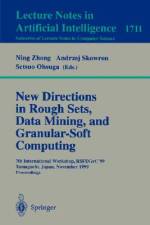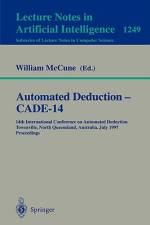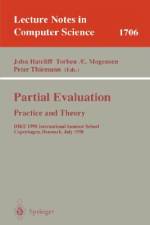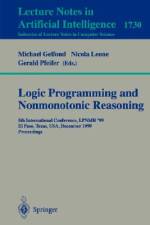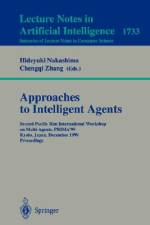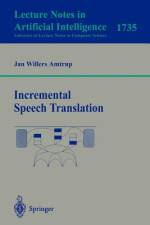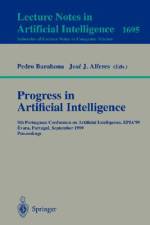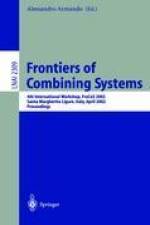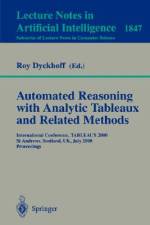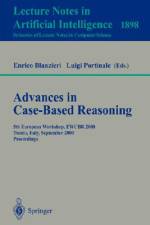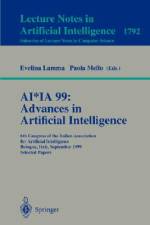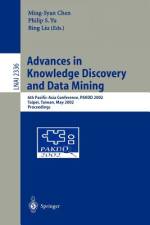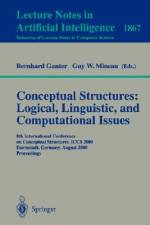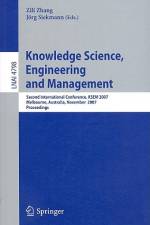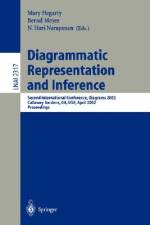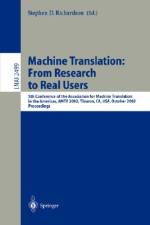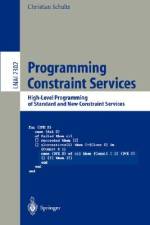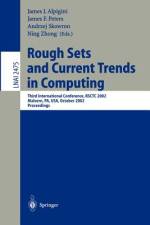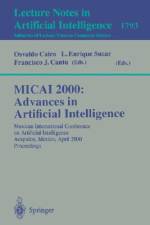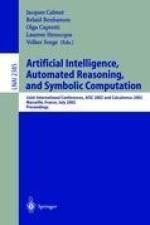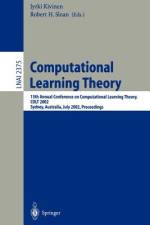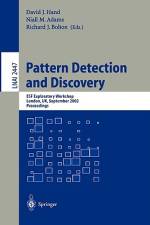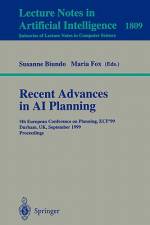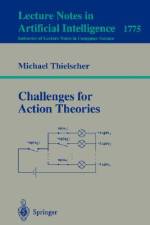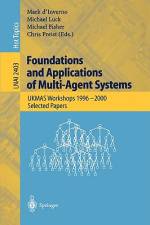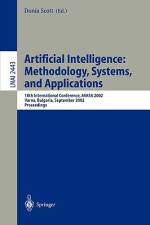- 4th International Workshop, FroCoS 2002, Santa Margherita Ligure, Italy, April 8-10, 2002. Proceedings
von Alessandro Armando
49,00 €
This volume contains the proceedings of FroCoS 2002, the 4th International Workshop on Frontiers of Combining Systems, held April 8-10, 2002 in Santa Margherita Ligure (near Genova), Italy. Like its predecessors, organized in - nich (1996), Amsterdam (1998), and Nancy (2000), FroCoS 2002 o?ered a c- mon forum for the presentation and discussion of research activities on the c- bination and integration of systems in various areas of computer science, such as logic, computation, program development and proof, arti?cial intelligence, mechanical veri?cation, and symbolic computation. There were 35 submissions of high quality, authored by researchers from countries including Australia, Belgium, Brazil, Finland, France, Germany, Italy, Portugal, Spain, Singapore, United Kingdom, United States of America, and - goslavia. All the submissions were thoroughly evaluated on the basis of at least three referee reports, and an electronic program committee meeting was held through the Internet. The program committee selected 14 research contributions. The topics covered by the selected papers include: combination of logics, c- bination of constraint solving techniques, combination of decision procedures, combination problems in veri?cation, modular properties of theorem proving, integration of decision procedures and other solving processes into constraint programming and deduction systems.

